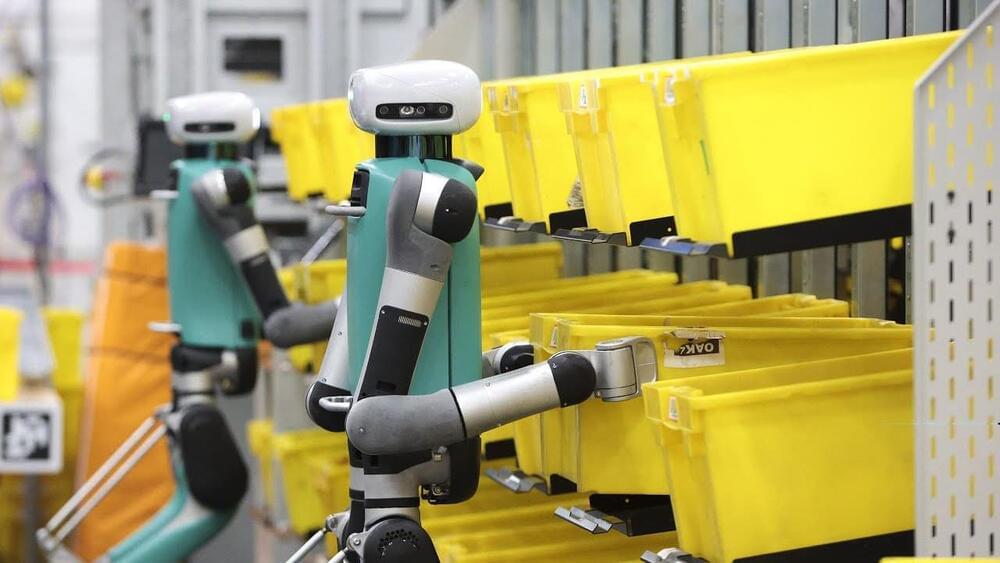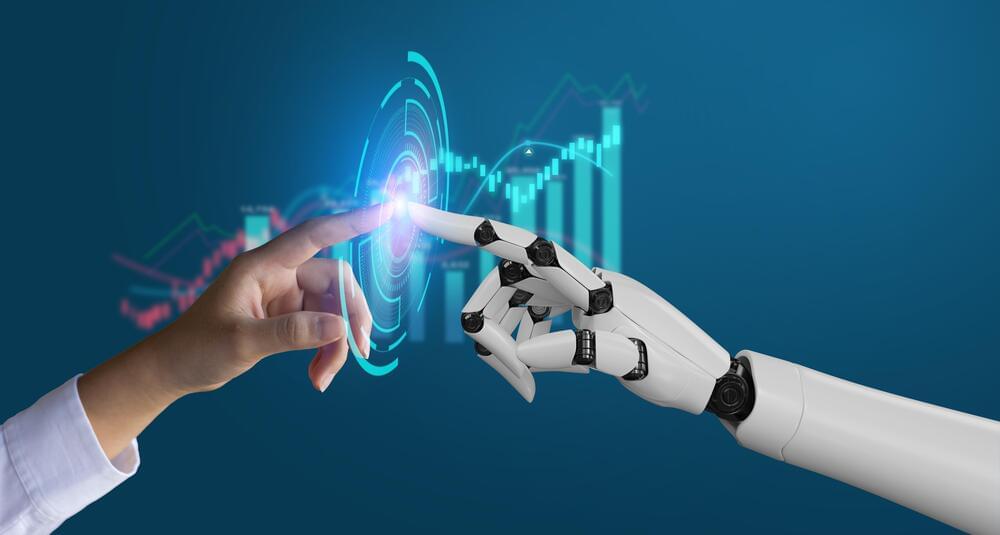Amazon is always on the frontier of technological advancements, and in a recent move, the e-commerce giant announced its plans to deepen its collaboration with Agility Robotics. As part of their ongoing partnership, Amazon will commence tests using the bipedal robot, Digit, in its operations. This exciting development comes after Amazon’s strategic investment in Agility Robotics through the Amazon Industrial Innovation Fund.
For those unfamiliar with Digit, it’s a marvel of modern robotic engineering. Developed by Agility Robotics, Digit stands out with its unique bipedal design. It isn’t just any robot; it’s designed with two legs, allowing it to move and operate in human-like ways, making it exceptionally fit for environments crafted for humans. Equipped with advanced sensors like LIDAR, it perceives its surroundings and avoids obstacles with ease. Its arms are adept at maintaining balance, carrying objects, and interacting with various elements of its environment.
Amazon’s primary interest in Digit stems from its capacity to move, grasp, and handle items in the nooks and crannies of warehouses, offering innovative approaches to everyday operations. Specifically, the robot’s dimensions make it ideal for navigating spaces within buildings primarily designed for humans. Amazon foresees significant potential in scaling a mobile manipulator solution like Digit, particularly due to its collaborative nature. The robot is set to assist Amazon employees initially with tote recycling – a repetitive process involving the pickup and transportation of empty totes after their inventory has been fully picked.
Central to Amazon’s robotic initiatives is the collaborative nature of these systems. Amazon emphasizes that robots like Digit and Sequoia are designed to work in harmony with employees. Over the past decade, Amazon has integrated numerous robotic systems into its operations. Impressively, this technological adoption has not meant the reduction of its workforce. In fact, the company has introduced hundreds of thousands of new jobs in this period. Alongside the addition of robotic systems, Amazon has ushered in 700 new job categories, many of which are skilled roles that previously didn’t exist within the company.









